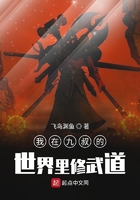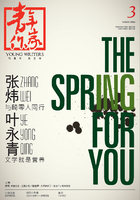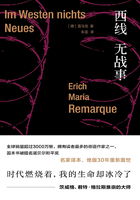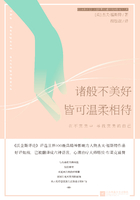The one is composed of all the adult inhabitants without distinction; the other of those who have a share in the common land. The first assembly makes by-laws, chooses officers, and passes measures which concern the common good. The second administers the lands of the village, appoints those entrusted with the care of them, and distributes to the several partners their shares in the commons. The laws of some Swiss cantons, therefore, establish a difference between the "politische Gemeinde," or commune, composed of all the male inhabitants, and the "burgerliche Gemeinde," to which all the sharers in the common land, male and female alike, belong. Now this difference is unknown in Russia, where political rights are exclusively exercised by those inhabitants who are at the same time sharers in the common land.
The officer to whom the assembly entrusts the administration of the village is called the village elder. We find the same officer in the old Russian communes, both in the so-called "black hundreds" in other words, in the villages inhabited by free-commoners -- and also on the lands of manorial lords.
Monastic charters, among other documents, very frequently mention the election of these officers, who are sometimes called, especially in the South-Western communes, "bourgmistr" -- a name evidently derived from the German burgermeister, and showing, to a certain extent, the influence exercised by German municipal law on the local organisation of Lithuania and Little Russia.
It is the village elder, the starosta, who represents the commune in its relations with the district and provincial authorities. It is he who collects the taxes, exercises some supervision over the way in which the commune keeps in repair the roads and pubic buildings; sees that the law concerning obligatory fire insurance is obeyed, and carries into effect the various administrative enactments which the police authorities and the local assemblies of the zemstvo are very liberal in creating. But the most important functions of the commune, that of apportioning personal taxation and making periodical assessments of common land, are performed by the popular assembly or mir. Two-thirds of the whole number of voters are empowered to decide whether the proper time has come or not for a new general allotment. The same majority is also required whenever the division of the common land into private property has to be decided on.
Neither the assembly nor the village elder has any judicial authority; but the village elder exercises, to a certain extent, the functions of a public notary, for he gives legal validity to private documents and deeds by affixing to them the village seal.
A regular tribunal, a kind of court leet, is formed by the elective judges of the volost. This institution is an innovation introduced by the emancipation law, at least so far as it assigns, not to the village, but to the larger territorial district, the volost, the sole right of giving judicial decisions in civil suits and in misdemeanours among persons belonging to the peasant class. The peculiar feature of this tribunal is, that it is not bound to follow the prescriptions of law, but those of custom.
Russia, so far as I know, is the only European country, in which a sort of "personalitas legum" is still acknowledged, the peasants submitting to one complex code of legal rules, and the higher classes to another. What is no less characteristic is the fact that the customary law of the Russian peasant is alone the genuine Russian law -- the law that is found in our ancient codes (such as the Pravda of Jaroslav, in the judicial charters of Novgorod and Pscov, in the statute of Lithuania, and in the codes of Ivan the Third and of Ivan the Terrible); whist the volumes Xand XV (so-called) of the general collection of laws (so the civil and criminal codes are designated in Russia) are a compound partly of Russian, partly of French, partly of canon, Byzantine or even so-called natural law.
The only way to get rid of this dualism in matters of legislation would be to codify the customary law of Russia, introducing into it the changes required by the social development that has been already achieved by the higher classes.
But such does not seem to be the opinion of the bureaucrats, to whom has been intrusted the difficult task of preparing the text of a new civil and criminal code. The books and pamphlets published by these modern Solons express an opposite view and would seem to justify the supposition that the double law will be scrupulously preserved, probably with the object of perpetuating the misunderstanding which already exists between the lower and higher classes of Russian society.
The volost has no assembly of its own, but it has its chief in the person of an elected elder "starschina," to whom the village elders are subject in all matters concerning the collection of taxes and the carrying into effect of laws and by-laws.















